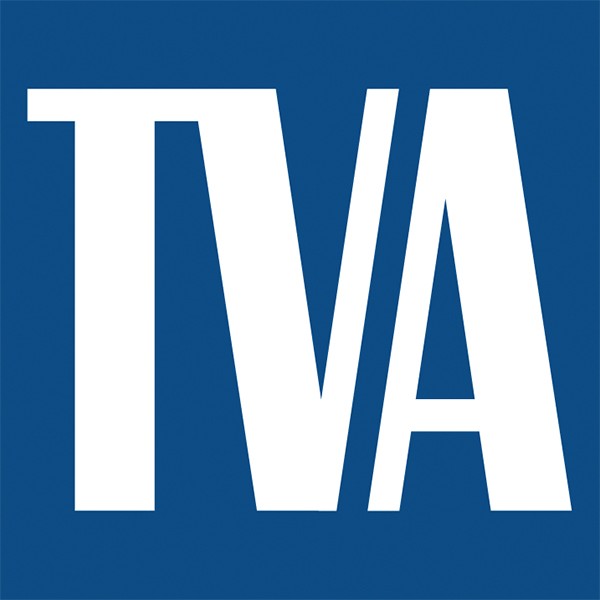As a pastor, I often find myself providing guidance to others on how to better themselves and improve their lives. Frequently, I witness people struggling to lift themselves out of difficult situations caused by a lack of resources. Even when these people begin to get ahead financially, circumstances beyond their control deplete their resources. Too many times, that uncontrollable circumstance is a family’s utility bills.
After reading a report from the American Council for an Energy-Efficient Economy (ACEEE), I learned that our city has the highest energy burdens in the country. That is why I am compelled to express my concern for the well-being of these vulnerable communities, if we do not act quickly to address these unnecessary energy burdens.

Families living on low wages, disability payments, or a fixed income such as Social Security spend a national average of 7.5 percent of their income on energy, compared to 3.5 percent for those with a higher income level. In Memphis, the average energy burden for these economically vulnerable communities is 13 percent, the highest in the nation. Utility bills can consume a significant part of a family’s monthly income, especially during the hottest and coldest months, when economically struggling customers pay 26 percent of their income on energy costs.
Utility bills are often unnecessarily high for many families due to sub-standard housing. Poor insulation, leaky windows, improperly sealed doors, and even outdated major appliances can all cause utility bills to be higher than they should be. If we helped these families get necessary home improvements and brought housing up to minimum efficiency standards, they could reduce energy burdens by 35 percent. Instead of a $300 utility bill, for example, a family might save as much as $105 on efficiency improvements, alone. That saved money could be used to meet other needs.
I applaud Memphis Light, Gas and Water (MLGW) for the steps it has taken to help their customers manage energy costs and lower utility bills. MLGW has a weather-related moratorium policy that ensures customers will maintain service in the winter months and also offers a special reconnect program to re-establish utility service during extreme summer heat. Memphians will need these services even more in the coming years as older, substandard housing continues to age.
MLGW also offers a voluntary program called Share the Pennies that rounds up customers’ monthly bills to even-dollar amounts and uses that money to provide free energy-efficiency upgrades to low-income customers. Funding for that program has been limited by the number of participants and has only managed to fix around 200 homes over a three-year period.
MLGW’s power provider, the Tennessee Valley Authority, currently has no low-income targeted efficiency programs that MLGW could use to fill in the gap and address a desperate need in Memphis.
Low-income households pay for the costs of TVA’s general energy efficiency programs through their monthly power bill, which is true for everyone who uses TVA’s electricity. But those with higher incomes are currently the ones who actually benefit from TVA’s energy saving programs, which require payment for the energy savings up front and then waiting for a rebate from TVA. More vulnerable communities do not have the financial resources to pay for energy savings measures up front.
Other states have seen low-income energy efficiency utility programs provide critical financial support to households that spend a too-high portion of their income on utility bills. In other states, utility-customer-funded energy efficiency programs have a strong track record of delivering not only energy savings but also important non-energy benefits, such as increased comfort and improved health.
TVA has an obligation to make sure its home-weatherization programs, funded by all of its customers, actually reach all of its customers. I urge TVA to do more to protect the lower-income households from the disproportionate burdens of energy costs and help lift some of its most vulnerable customers’ energy burdens.
Dr. James L. Netters is senior pastor at Mt. Vernon Baptist Church and is a long-standing activist in community and civil rights affairs.